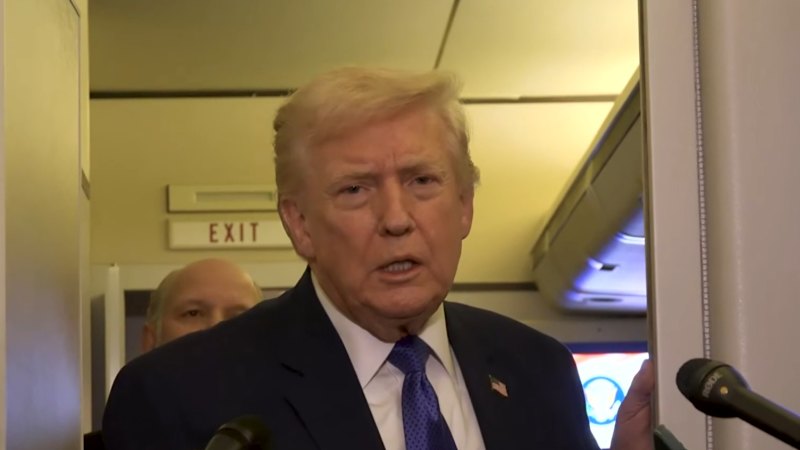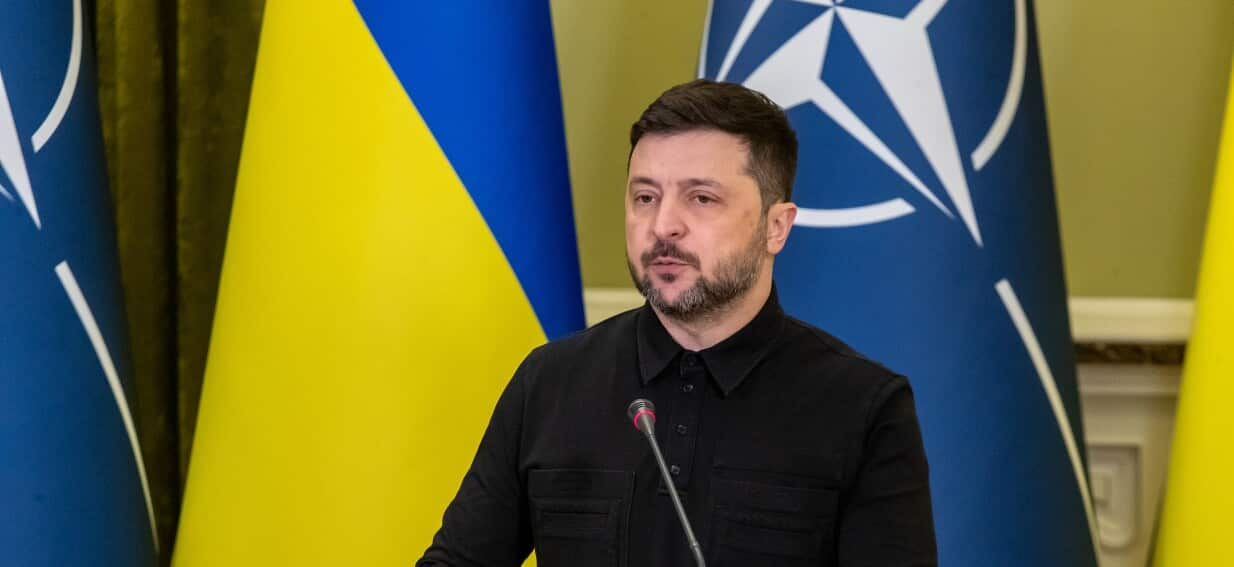
Anthony Albanese, the Prime Minister of Australia, has stated that he is unlikely to consult with former United States President Donald Trump regarding any potential decision to recognize Palestinian statehood. This announcement comes as discussions around the recognition of Palestine continue to evolve in the international arena.
Albanese emphasized that his government’s approach to foreign policy will remain independent and focused on Australia’s values and interests. He reiterated that consultations with former leaders do not align with his administration’s goals, particularly in matters as complex as the Israeli-Palestinian conflict.
Australia’s Position on Palestinian Statehood
The Australian government has faced increasing pressure to formally recognize Palestine as a state. This issue has become more prominent in light of ongoing tensions in the Middle East and efforts by various nations to address the longstanding conflict. Albanese’s statement indicates a firm stance as Australia navigates its role in international diplomacy.
Albanese previously highlighted the importance of a two-state solution, which envisions both Israel and Palestine coexisting peacefully. He noted that any decisions regarding recognition would be made with careful consideration of the broader implications for regional stability and Australia’s diplomatic relationships.
The Prime Minister’s reluctance to engage with Trump may reflect a desire to distance Australian foreign policy from the previous U.S. administration’s approach. Under Trump’s leadership, U.S. foreign policy shifted significantly, particularly regarding Israel and Palestine, leading to a complicated legacy that current leaders must navigate.
Implications for International Relations
By opting not to consult with Trump, Albanese is signaling a commitment to a more multilateral approach in foreign affairs. This decision may resonate with other nations advocating for Palestinian recognition and could influence Australia’s standing within international organizations, such as the United Nations.
The dynamics of the Israeli-Palestinian conflict remain delicate, and Australia’s stance may have repercussions beyond its borders. As countries assess their positions, Albanese’s administration will need to balance domestic opinions with international expectations. The Prime Minister’s comments reflect a broader commitment to uphold principles of justice and equality in foreign relations, a sentiment echoed by various global leaders.
In conclusion, as Australia contemplates its approach to Palestinian statehood, Prime Minister Albanese’s decision to refrain from consulting with Donald Trump underscores a pivotal moment in the nation’s foreign policy. This development highlights the ongoing complexities of international diplomacy and the necessity for thoughtful engagement in global issues.







